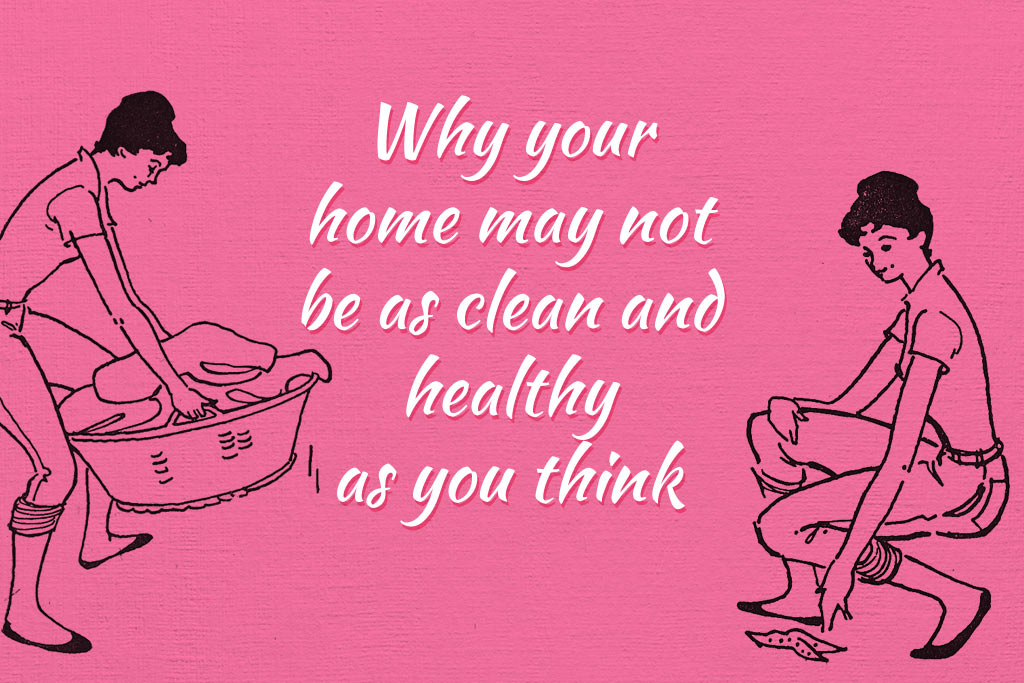Why ill-health could be the best thing to happen to your career
We all have days when life and work feel like an uphill struggle. But how would you cope if you were diagnosed with an illness that prevented you from doing the very things you loved, or from pursuing a career you’d work hard to build?
Debbie Thomas explains how she struggled with debilitating arthritis – and how in the end, her illness actually inspired her to follow her passion and launch a new freelance business.
It started in my twenties
I don’t enjoy having arthritis. If someone comes up with a revolutionary new treatment to cure it, I’ll be first in the queue (if I can run fast enough on my dodgy knee). Sadly though, that’s not looking likely in the near future.
However, over time arthritis has taught me that unwelcome problems can sometimes have unexpected and welcome consequences.
I developed arthritis in my mid twenties, and controlled it reasonably well for about ten years before experiencing a major relapse which left me struggling to walk.
I’d like to say I battled majestically through this difficult time, but I’m not sure I can claim that. I struggled on, but only because I had to. It felt as though everyone else was out walking, running and generally taking their mobility for granted (like I had once done).
Because of course I was the only person in the world suffering. I know how ridiculous that sounds now, but at the time it feels like it’s only you who is struggling with this problem. There were days I felt incredibly isolated and miserable.
Slowly my attitude changed
When you’re in constant pain and wrestling with all the demands of life and work, plus the practicalities of attending endless hospital appointments, you can feel extremely low. And it’s not always easy to think clearly.
But slowly, my attitude towards my situation changed. There were of course many people with problems far worse than mine – I felt had to become more positive and outward-looking.
Quite simply, I realised that you can’t choose whether you get an illness but you can choose how you deal with it. Having a health problem shakes you out of your comfort zone in more ways than one, and I started reflecting about the things I did have control over, including my job.
I looked at what I could change
I’d worked primarily in human resources since the mid 1990s. I enjoyed my job and had worked with some wonderful people, many of whom I’m still in touch with today. But my role had challenging demands including a lot of travel. With more changes on the way, it looked like this pressure was only going to increase.
I liked the business world, and I knew about sales and marketing, I had extensive experience in HR and I absolutely loved writing. I had a job all about influencing people. I’d always wanted to write professionally but it just seemed too big a leap to make it happen.
The more I considered it, the more I questioned exactly what I was waiting for. I had no guarantees with my health (who does?), so at what moment would the ‘right’ time actually arrive? It will always be daunting making a significant change and having the confidence it’s the right thing to do.
Arthritis broadened my thinking
I think that’s where the arthritis played its part. Things can go off-course from your original expectations, but it doesn’t have to mean life is not working out. It’s just working out differently.
Having arthritis broadened my thinking. The unwritten life plan in my head had changed dramatically anyway. So why not be brave enough to make another change and do what I’d always wanted professionally?
So I left my job and trained in proofreading and copywriting to consolidate and develop my skills. Today I’m a copywriter and I love it!
I’m not the only one who found a new career through illness
Author and illustrator Charlotte Reed had a similar experience. Her sudden ill health triggered a move away from her previous career as a legal secretary.
Before her illness began, Charlotte was a big believer in the power of positive thinking. She liked to create and post a daily meaningful ‘Thought of the Day’ onto her Facebook page to inspire family and friends. They’d suggested turning them into a book but a lack of time (and confidence) meant it never happened.
And then Charlotte developed Repetitive Strain Injury. She did what we all so often do and tried to struggle on despite the pain. And that had a far more serious impact. Ignoring the RSI meant it eventually affected her central nervous system and she couldn’t work for two years. She was told to not even touch a computer – rather difficult when you are a legal secretary.
Charlotte’s life had fallen apart
Charlotte had an incredibly tough couple of years with daily pain manifesting itself in various ways including agonising nerve pain and aching joints and muscles. On top of everything else, she then had a diagnosis of extreme adrenal exhaustion. In Charlotte’s own words ‘My life felt like it had fallen apart.’
Charlotte worked with conventional care providers but with limited success. She then tried alternative treatments, including acupuncture and diet specialists, and started making some radical changes to her lifestyle.
It was a phenomenal struggle, but during this time Charlotte felt there was a purpose in what she was going through. She started considering whether her desire to inspire and uplift others could actually provide her with a way through the difficult times she was facing.
She started writing the book she’d always dreamed about
This was a pivotal moment for Charlotte. She resigned from her job and decided to turn her inspirational Thoughts of the Day into the book she’d never quite got round to before the illness.
She could hand write it so wouldn’t need a computer. Once she started on her book ‘May The Thoughts Be With You’ she decided to illustrate it too. She sourced a printing firm who could do a short run of books quickly, and soon had her first batch ready to sell to shops and online.
Charlotte found new ways of doing things
Charlotte didn’t let the fact she couldn’t use a computer stop her. She simply found new ways of doing things. She used software that allowed her to dictate emails and business correspondence. She recognised when she needed help and wasn’t afraid to ask for it – a valuable lesson for us all.
Her book has now sold over 1,500 copies all over the world. It’s stocked in independent book and gift shops as well as some chains. At the request of one of the shops, Charlotte has created a range of greeting cards too. She was also approached by the Educational App Store who has now produced an educational app version of the book.
People who find a new purpose cope best with illness
It’s well established in the field of health psychology that those who cope best with chronic health problems are people who find a new – or revised – purpose and quality in life.
Not that I consciously set out to do this. For some people, realising their new purpose can be a flash of inspiration. For others, like me, it’s only after time has moved on that you realise the impact it’s had.
The ‘what if’ way of thinking can be exhausting and not a very fruitful use of energy if you have no control over the ‘if’. Dealing with the ‘what is’ has turned out to be a far more productive and positive way of thinking and acting – even if it doesn’t always come naturally. (Of course, the positive thinking does need to balance out with some grumpy days – hey, we’re all human!)
Life is what you make it
I’ll leave Charlotte with the last word because she sums it up perfectly. She says ‘You will see that my first thought in the book says this: “It is far more exciting to create a miracle than to wait for one to happen”. I put this one first to remind everyone that life is what you make it, and even the difficult times can be turned around to make something wholeheartedly positive.’
Debbie is a freelance copywriter and proofreader. You can learn more about her work on her website. You can find out more about Charlotte and her book here. She very kindly allowed us to use one of her illustrations for this story.










